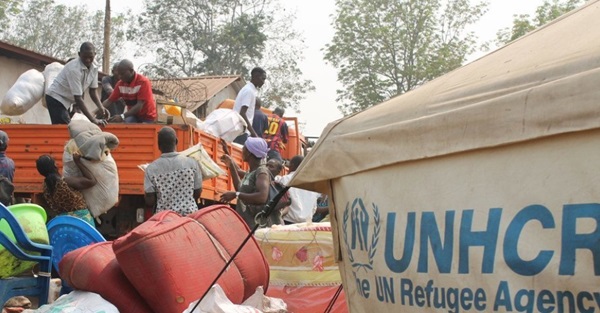UN Humanitarian Aid: Essential Support for African Countries in Times of Crisis

The UN’s humanitarian efforts, initiated after the Second World War, now play a crucial role in managing international crises, particularly in Africa.
Through its specialized agencies, the United Nations coordinates efforts to address the urgent needs of millions, particularly in African countries, which are often among the most vulnerable to natural disasters and humanitarian crises.
The Office for the Coordination of Humanitarian Affairs (OCHA), in collaboration with organizations such as UNICEF, the World Food Programme (WFP), the UN Refugee Agency (UNHCR), and the UN Development Programme (UNDP), works to provide food assistance, medical care, and support to refugees. These interventions are crucial in addressing local resource gaps, particularly in countries affected by protracted conflicts, climate-related disasters, and epidemics.
In Africa, the challenges are both numerous and complex. Countries in the region frequently face crises such as droughts, armed conflicts, and epidemics, which exacerbate the vulnerability of populations. The UNDP focuses on strengthening local capacities and disaster prevention, while the UNHCR protects refugees fleeing violence. Meanwhile, UNICEF prioritizes children, ensuring their access to education and healthcare, even during times of war. At the same time, the WFP combats hunger by providing essential food assistance in areas affected by severe shortages.
Emergency funding mechanisms, such as the Central Emergency Response Fund (CERF), enable the UN to respond rapidly to crises without waiting for donor contributions. These efforts are especially crucial as Africa remains one of the regions most vulnerable to global disasters, highlighting the need for enhanced international cooperation and a coordinated response.
Thus, through its network of specialized agencies and responsive funding, the United Nations continues to play a vital role in humanitarian assistance. In a world where crises are multiplying, its commitment remains an indispensable beacon of hope for millions of vulnerable people, particularly across the African continent.

